For over 60 years, the material risk of hijackings and bombings on commercial aircraft has necessitated the use of covertly armed personnel on flights.
These federal agents are the last line of defense against terrorism on airlines and are trained to act against aggressors in flight.
In this Article – We explain what air marshals are and whether you can expect them to be present on every flight.
What are air marshals?
Air marshals are law enforcement officers or counter-terrorist agents from a range of countries and jurisdictions who operate as covert, in-flight security officers.
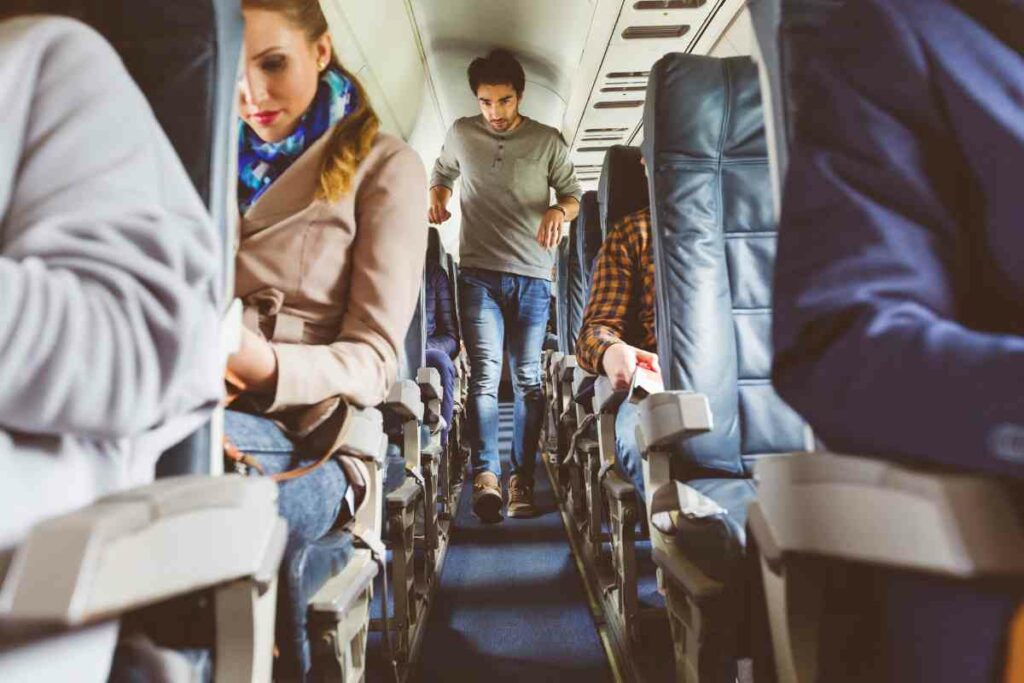
They are also known as
- Sky marshals
- In-Flight Security Officers (IFSO)
- Flight marshals
- Air Security Officer (ASO)
Air marshals are armed, have powers of arrest, and can use lethal force against attackers on a plane.
They are specifically trained in how to resolve wide-ranging emergency and terrorist situations and are fully equipped for this purpose.
Air marshals travel disguised as regular passengers and are either provided by the commercial airline they work on or government agencies from across the world including:
- The US Federal Air Marshal Service
- The Royal Canadian Mounted Police
- German Federal Police
- Austrian Einsatzkommando Cobra
- Metropolitan Police SO19 (Specialist Firearms Command)
- The Australian Federal Police
- National Security Guard in India
- Pakistan Airports Security Force
The history of air marshals
The horrific September 11 attacks catalyzed efforts to establish more widespread armed security onboard flights, but these covert officers have been around for far longer.
In the 1960s, President Kennedy directed the US Federal Aviation Administration (FAA) to create in-flight peace officers as a response to a spate of hijackings and forced landings in Cuba.
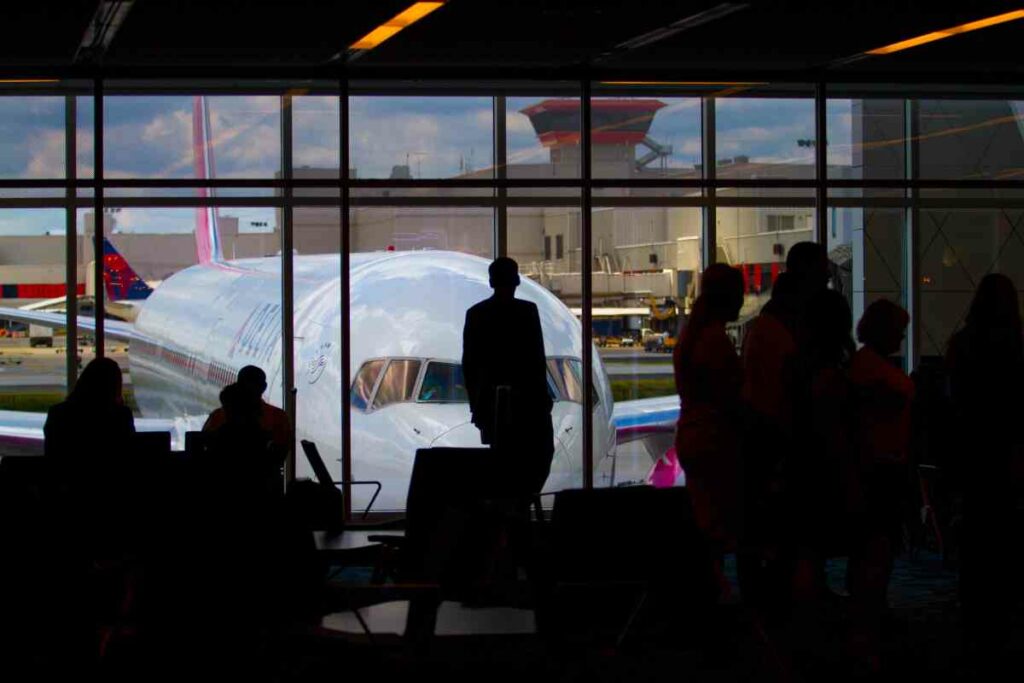
The FAA peace officers provided armed security to commercial flights and post 9/11 evolved into Air Marshals.
9/11 prompted many countries around the world to institute equivalent air security programs.
The number of US air marshalls rose from 33 to several hundred within a month.
Police, military, and intelligence personnel were specifically trained in anti-hijacking techniques and placed on domestic and international flights of registered air carriers.
Is there an air marshal on every flight?
No. It is thought that around 5% of US flights carry an air marshal and far fewer international flights.
The number of these agents has increased since 9/11 but the proportion of manned flights remains very low.
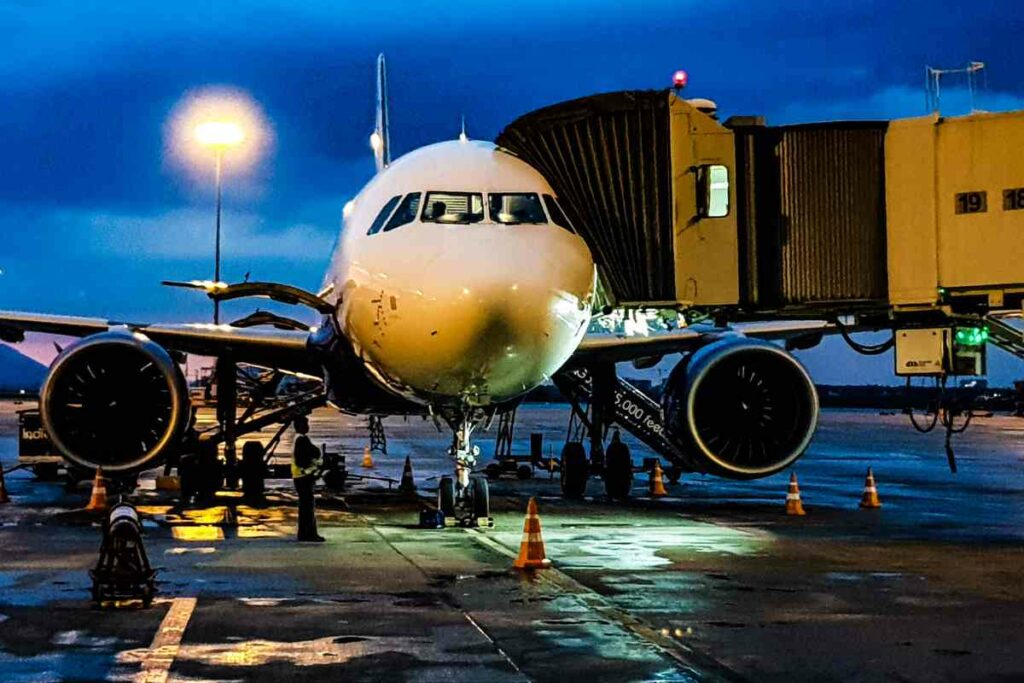
Air marshalls may be:
- [A] Randomly placed on flights
- [B] Placed on flights because of anti-terrorist intelligence
- [C] Routinely placed on flights at the expense of a specific airline.
All air marshal assignments are 100% SECRET, and the number of air marshals traveling on flights is classified information.
No one on the plane knows which passenger is the air marshal or even if there is an air marshal on the flight.
This information is reserved for the flight crew.
Why aren’t air marshalls on every flight?
The relatively low numbers of air marshalls on domestic or international flights indicate that their potential presence is intended as a deterrent to would-be offenders.
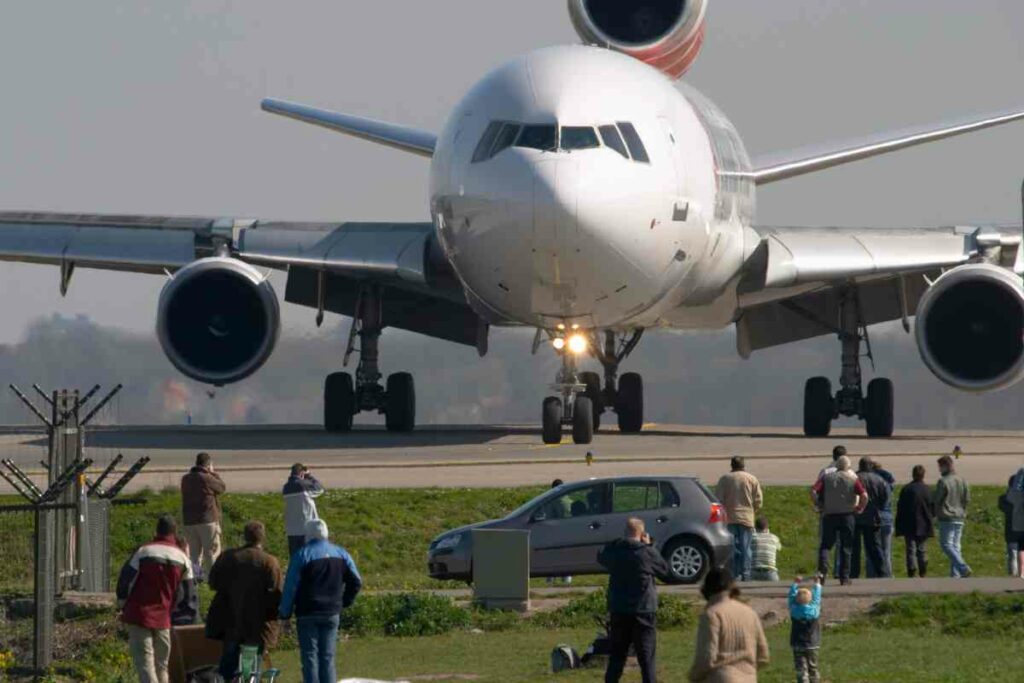
There are several reasons for air marshalls not being on every flight:
- Air marshalls are expensive: the cost of placing an air marshall on a single flight is estimated to be several thousand dollars. The US Federal Air Marshal Service has costs of almost a billion dollars per year. These expenses mean governmental agencies maintain the number of marshalls at a level that governments can afford to fund. Studies have shown that Air marshals cost $180 million per life saved through their work.
- The numbers of trained personnel are limited: Air marshalls are highly trained operatives, which are specifically deployed on aircraft. In the US, these professionals are graduates who have undergone an extensive two-part training program at Federal Law Enforcement Training Center in New Mexico and Atlantic City, New Jersey. There simply aren’t the human resources to have one of these specialist security officers on each of the 115,000 flights each day. The US Transport Security Administration (TSA) advises that a typical will fly just under 200 days or 900 hours each year.
- Alternative security measures are in place: Airlines protect their planes from being hijacked by locking the cockpit doors. This prevents access by a potential terrorist who may want to take control of the plane. This strategy has a much better cost profile than using air marshalls, with strengthened cockpit doors costing $800,000 per life saved.
Can you spot an air marshall?
In these security-conscious days, it’s probably best to keep your air marshall spotting to yourself as aircrew and air marshalls have a low threshold for viewing individuals as a threat.
However, there are some signs that someone on a flight may be a little more than your average passenger.
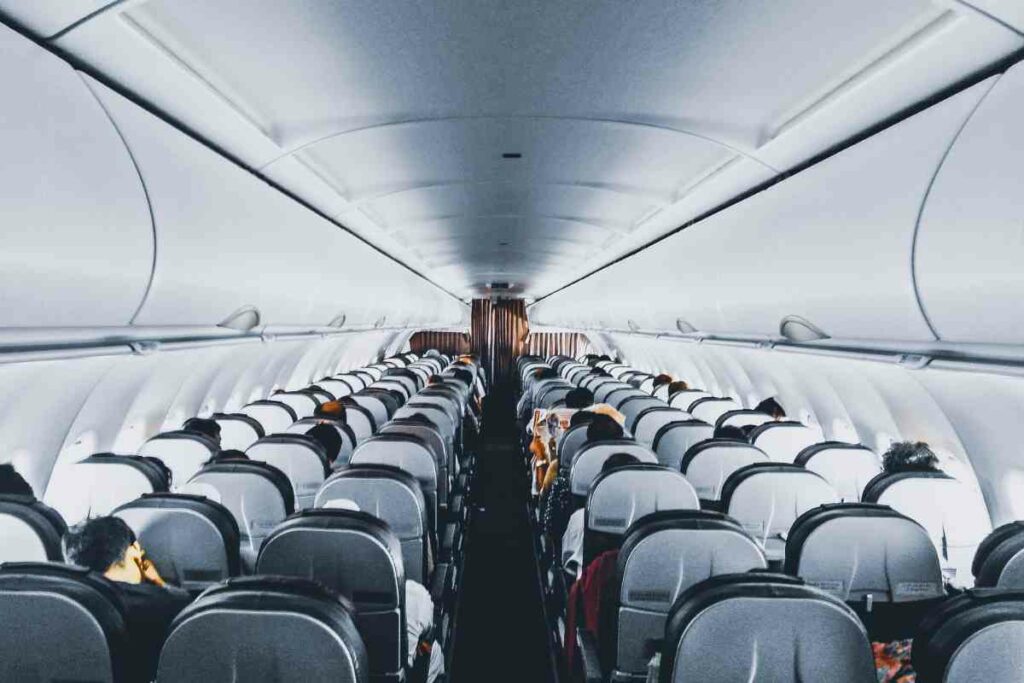
Here are some indicators that an air marshal may be on your flight.
Air marshalls tend to be:
- Boarding very late or the last to board
- Single individuals
- Male
- Carrying little to no hand luggage
- Sitting in an aisle seat near the back of the plane
- Awake throughout the flight
- Zoning in on loud, or strangely acting passengers
If you think you have spotted an air marshall, do not identify them to others or the crew, as you are introducing risk. Discretion is key.
Air marshalls are part of a multi-layered aviation security strategy
Air marshalls are help of last resort.
For a potential terrorist to board a plane and launch an attack, several layers of aviation security would have to be breached.
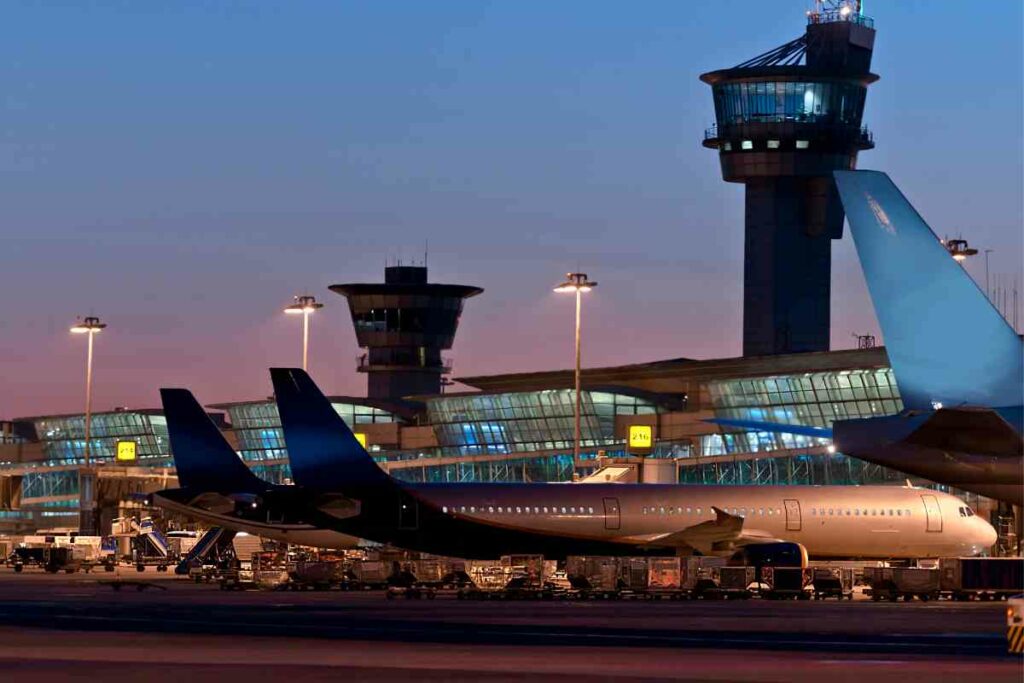
The TSA’s aviation security strategy has 20 layers of measures, including pre and post-boarding security to secure the traveling public from harm.
The layers include:
- Domestic and international intelligence on terrorists and other potential threats
- Strong border and customs control
- A terrorism task force
- No-fly lists and screening of passengers
- Security checks and clearances for flight crews
- Dogs
- Officers that specialize in behavioral detection.
- Checks of travel documents
- Airport baggage scanning
- Officers that specialize in bomb appraisal
- Trained flight crews
- Air marshalls
- Reinforced and secured cockpit doors
In conclusion
Air marshalls play an important role in preventing terrorist activity on commercial airlines.
With increased passenger awareness of terrorism since 9/11, their presence and service have been a reassurance to many people who fly.
Though air marshalls are not present on every flight, they are considered a strong deterrent and can be deployed effectively as part of a multi-layered strategy for aviation security.
- Hiking Safety Tips for Women (How I Stay Safe While Solo Hiking)
- Can You Grill On The Beach? Staying Out of Trouble Tips
- When Will Space Tourism Be Affordable? | Is Space Tourism a Good Idea?
- What License Do You Need to Drive a Skoolie? [FAQs]
- What Piece of Safety Equipment Is Required on Every Canoe and Kayak
- Airalo Review: Take Control of Your Roaming Charges









